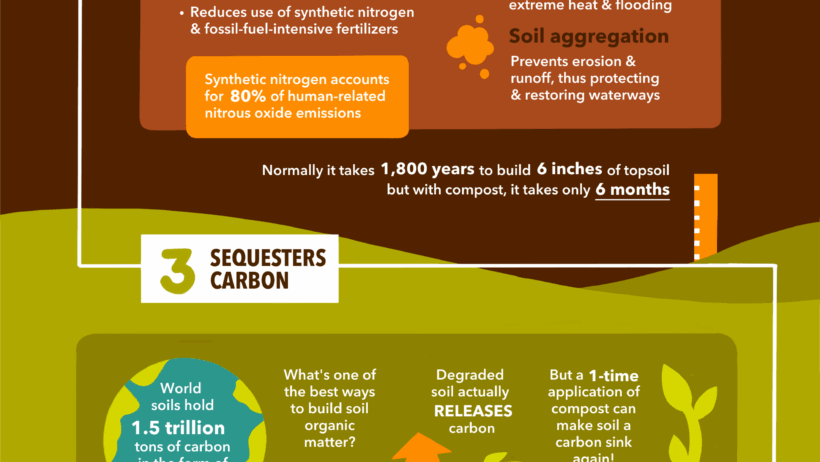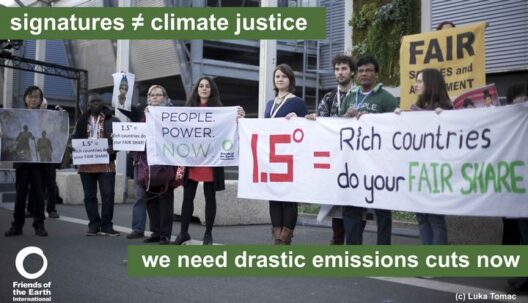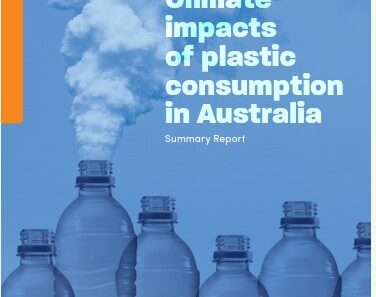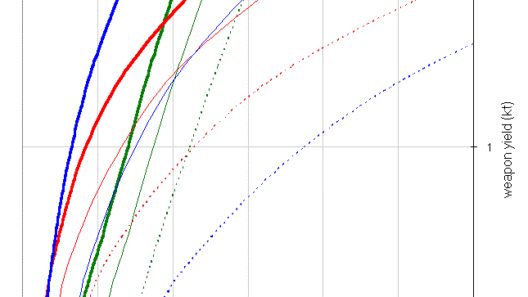Composting represents not merely a method of waste management but a transformative approach to mitigating climate change. By reimagining organic waste, we engage in an act of valor that transcends mere recycling, contributing instead to ecological resilience. At its core, composting is the natural process of decomposition, wherein organic materials such as food scraps, yard waste, and other biodegradable substances break down into nutritious soil amendment. This remarkable transformation offers multifaceted benefits that extend far beyond traditional perceptions of waste disposal.
Environmental setbacks associated with landfill accumulation are stark. The Organic Waste Management Hierarchy emphasizes reduction, reuse, and recycling, advocating for compost as a preferable solution to landfill disposal. Landfills contribute to greenhouse gas emissions, particularly methane, a potent climate change agent released when organic materials decompose anaerobically. By diverting organic waste from landfills through composting, we perform a dual action: reducing methane production while enriching soils and contributing to biodiversity.
A paradigm shift is vital for harnessing the full potential of composting as a climate change mitigation strategy. Conventional views often cast composting as an optional, peripheral endeavor. However, recontextualizing composting as an essential environmental stewardship act demands a recalibration of our values. Visualize composting not merely as discarding food scraps but as part of a holistic ecological restoration process. When engaging in composting, individuals become active participants in the regenerative cycle, transforming waste into a resource that nourishes the earth.
The chemistry of compost speaks volumes about its potential. As organic matter decomposes, a myriad of microorganisms thrive, converting materials into humus. This nutrient-rich substance enhances soil structure, moisture retention, and fertility. Thus, compost acts not only as a fertilizer but as a means to sequester carbon in the soil, a practice known as soil carbon sequestration. When soils are enriched with compost, they can absorb and store more carbon, helping to counterbalance atmospheric CO2 levels. Recent studies reveal that healthy, compost-rich soils can sequester significant amounts of carbon—providing a precise remedy for rising greenhouse gas concentrations.
Moreover, composting contributes to local food security. By improving soil health, compost enhances agricultural productivity, thereby generating more resilient crops. Healthy soils yield healthier food, a critical consideration in light of the challenges posed by climate change, including erratic weather patterns and diminished agricultural biodiversity. Communities that embrace composting establish a circular economy where organic waste is transformed into a valuable agricultural input. The beauty of this cycle reigns in its simplicity; waste becomes nourishment, and nourishment cultivates life.
Education is a linchpin in fostering widespread composting adoption. To inspire a cultural shift, it is imperative to raise awareness about the components and practices involved in composting. Workshops, community initiatives, and educational materials can demystify the process for various demographics, emphasizing its accessibility. Practical demonstrations that showcase different composting methods, be it backyard bins, vermicomposting, or community composting facilities, serve to illustrate the ease and feasibility of composting for households and communities alike.
Integrating composting into urban planning is an innovative strategy that urban centers can adopt to contend with climate change challenges. Municipalities can implement organic waste collection programs, thereby facilitating residential composting and promoting communal composting hubs. Such initiatives would not only minimize waste but also cultivate community engagement, social cohesion, and environmental stewardship. Cities that prioritize composting reveal a commitment to sustainability, setting an exemplar for others to follow.
Additionally, composting is not merely a locally-bound action; it holds global implications. As nations grapple with climate change, the promotion of composting transcends borders, fostering international dialogue on sustainable practices. Countries across the globe are beginning to recognize the potent role of composting within their climate action frameworks. Collaborative efforts and knowledge exchange between nations can stimulate innovative composting initiatives, thus amplifying the collective impact of local actions.
In conclusion, the climate crisis necessitates an urgent reassessment of how we manage our waste, and composting stands out as a fundamentally effective solution. This practice invites us to reflect on our relationships with food, waste, and the environment. By embracing composting, we move towards a sustainable model that respects ecological principles and nurtures the planet. As we embark on this transformative journey, it becomes apparent that every scrap of organic matter could be seen as a promise—a promise of restoration, nourishment, and hope—a commitment to combat the climate crisis one compost bin at a time.







